Authentic Student Voices: Texas Community College Student Advisory Council Members Attend 2024 CCATT Conference
Texas Community College Student Advisory Council members recently attended the CCATT Conference, where they raised concerns about the need for more student supports & smoother credit transfer policies, & proposed solutions to these & other pressing issues impacting community college students.




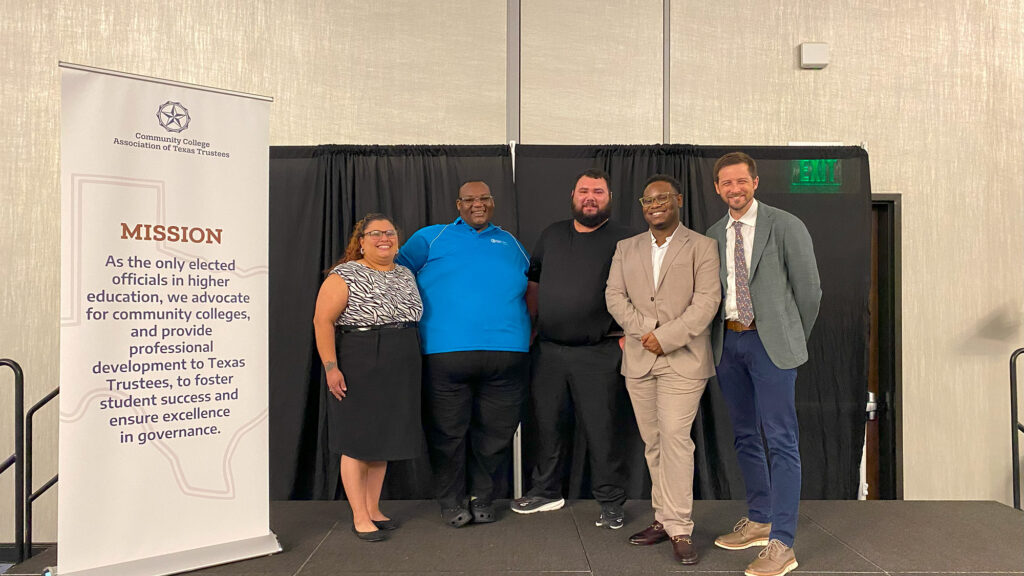
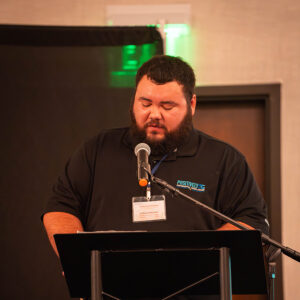
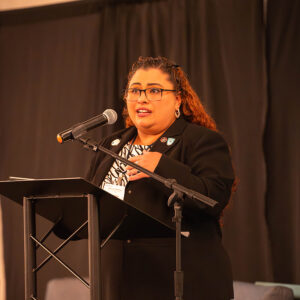 Another parenting student, Joannette Casias at Alamo Colleges, said:
Another parenting student, Joannette Casias at Alamo Colleges, said: Brandon Jenkins, a graduate of San Jacinto Community College, spoke about the value of his community college education on his path to becoming a skilled classroom teacher. He highlighted the importance of strong advising and paid on-the-job training to expand access to high-quality teacher preparation. As Brandon said:
Brandon Jenkins, a graduate of San Jacinto Community College, spoke about the value of his community college education on his path to becoming a skilled classroom teacher. He highlighted the importance of strong advising and paid on-the-job training to expand access to high-quality teacher preparation. As Brandon said: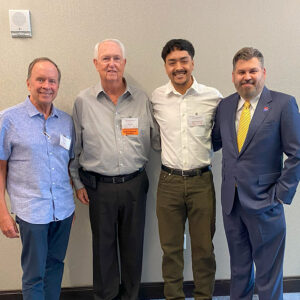 Angel Garcia Donjuan, a Dallas College graduate, spoke about the many ways in which dual-credit access transformed his education and career opportunities after high school and emphasized the need to expand access to these opportunities for more students using funding from HB 8. As Angel said:
Angel Garcia Donjuan, a Dallas College graduate, spoke about the many ways in which dual-credit access transformed his education and career opportunities after high school and emphasized the need to expand access to these opportunities for more students using funding from HB 8. As Angel said: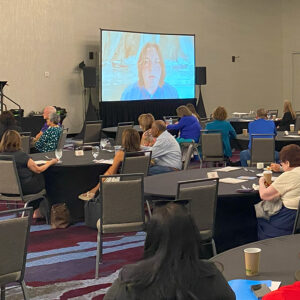 Dane Adams, a co-enrolled student at Tyler Junior College and the University of Texas at Tyler, delivered video remarks about his unique experiences and the different ways in which his institutions view and support student success. In the video, Dane said:
Dane Adams, a co-enrolled student at Tyler Junior College and the University of Texas at Tyler, delivered video remarks about his unique experiences and the different ways in which his institutions view and support student success. In the video, Dane said: